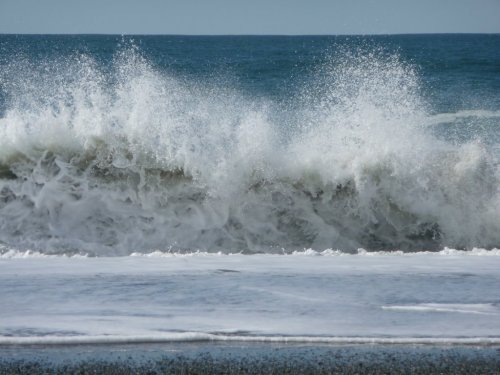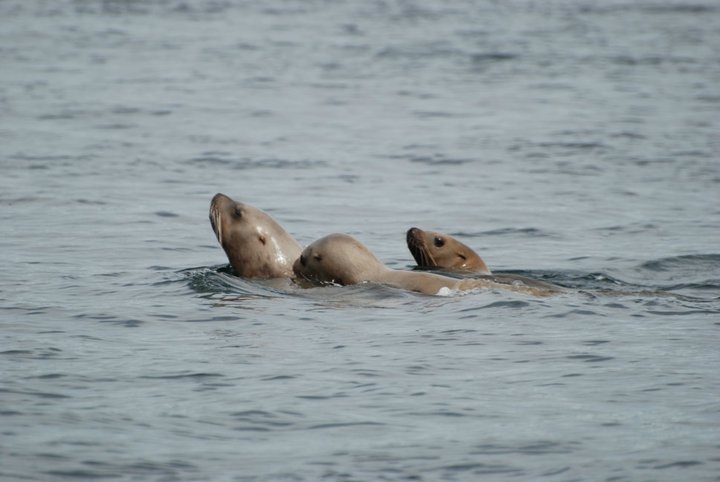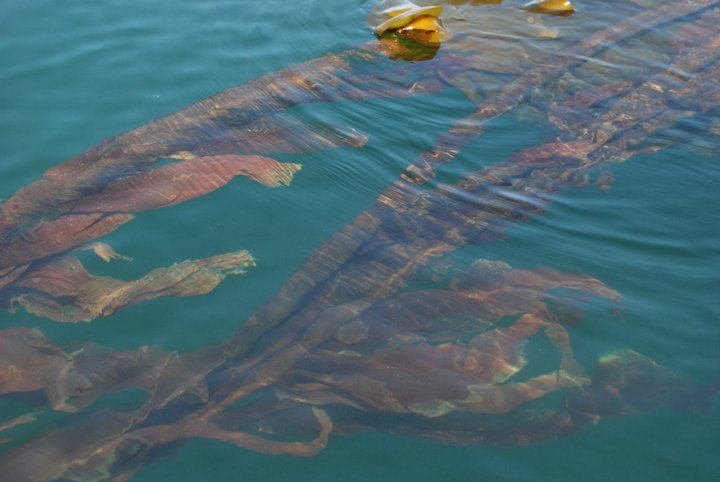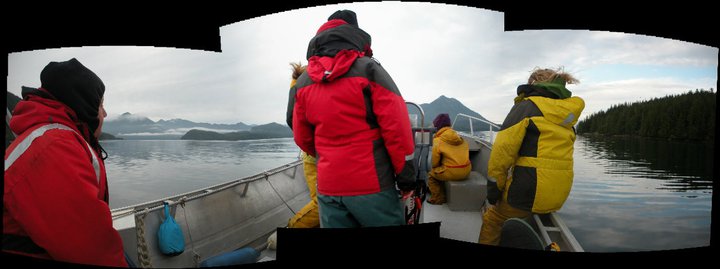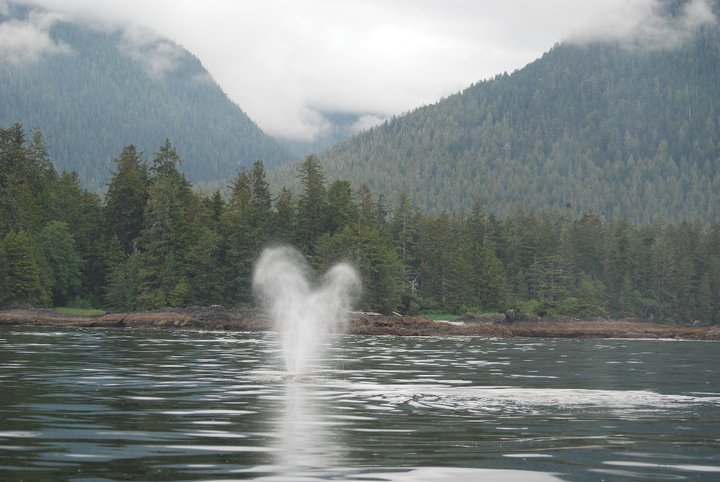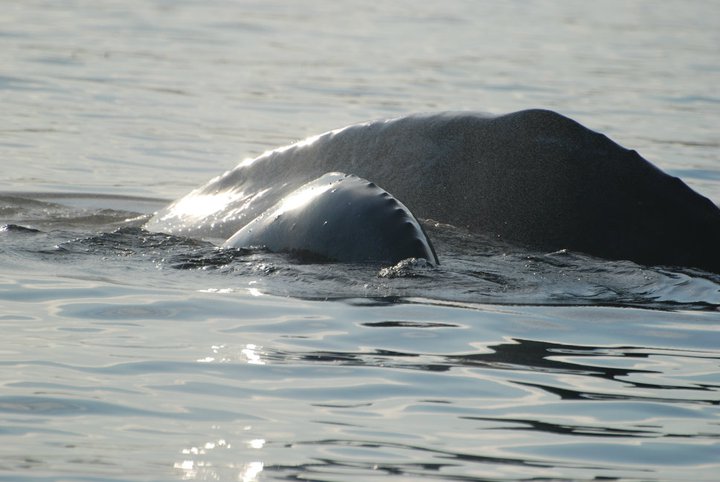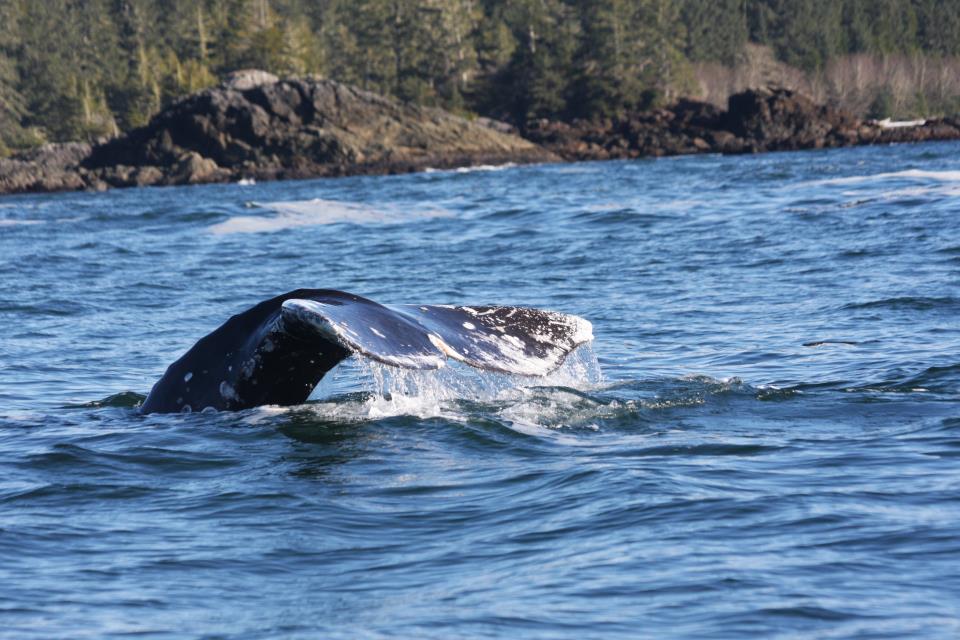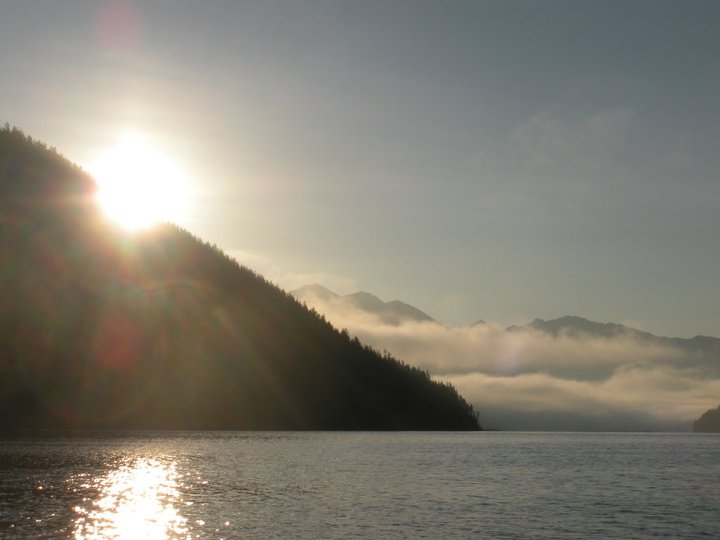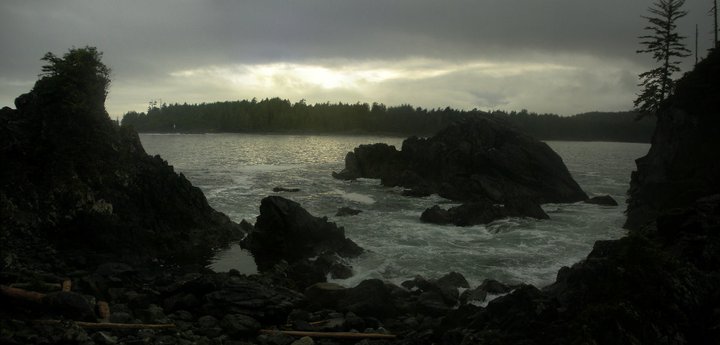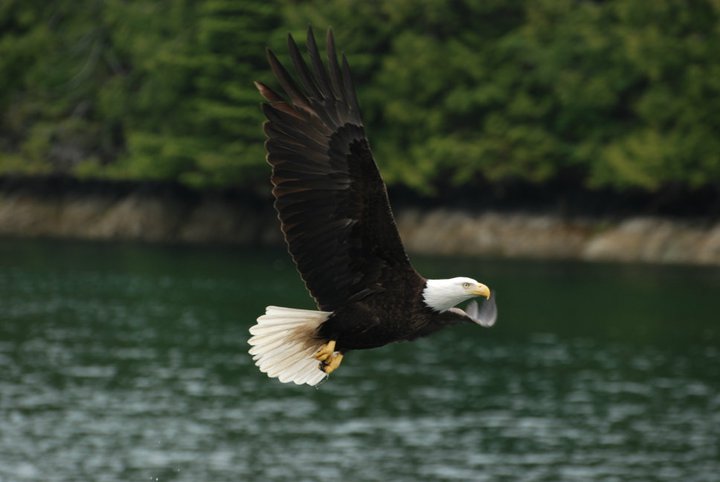
May 2021:
March 2019:
Completion of the Whale Habitat and Listening Experiment
2018:
- Continuing Studies programmes:
Evolution, Biology and Ecology of Marine Mammals - 5 week course in March 2018 at the University of Victoria
Whales: A World of Sound - 4 week course in March 2018 at the University of Victoria
- MRI Program running June-July 2018
- Data collection:
AMAR deployment - January 2018
Glider deployments - Spring 2018
December 2017
30.12.2017: General opening of the Marine Research Internship Program (MRIP) for 2018. Session dates are: June 17-July 1, July 1-15, July 15-29 2018. See the 'Appling for MRIP' under the SEAR header for more information and details on how to apply.
Fall 2017
The lab has been busy working with the immense amount of data we have from the AMAR and glider deployments,....but are stilll planning future deployments for early 2018! The latest deployments of the AMAR are revealing much about migrating behaviour in gray whales, with recording of humpback and fin whales also present!
July 2017
26.07.2017: Let the download begin! AMAR was successfully retrieved (in a very small weather window-ish) after being deployed for nearly 11 months,...wonder what whale secrets it holds....
May 2017
01.05.2017: Gearing up for another field season with field school classes! hydrophone is still in offshore location recording!
February 2017
18.02.2017: Gliders successfully retrieved with the help of the crew of the J.P. Tully , Strawberry Isle Marine Research Society and Marcel Theriault and the ground control of OTN in Halifax! Now to start dowloading and analyzing the data
More about the mission here: http://cmosarchives.ca/scor/COSN/COSN_Mar2017.pdf
January 2017
31.01.2017: Our gliders are making good progress towards the continental shelf and into deeper waters....and we are hearing whales already!
Track our progress here: http://gliders.oceantrack.org/slocum.php?gid=2
And watch the whales calls come in here: http://dcs.whoi.edu/dal0117_otn200/otn200_html/otn200_summary.html
30.01.2017: What a day! With a break in the weather we were able to deploy three ocean gliders to survey the canyons on the edge on the continental shelf. Ocean Tracking Network/University of Victoria, Ocean Networks Canada, and the University of British Columbia each have a glider as part of this mission to tie whale presence to habitat. Thanks to all the technical and field support to all those that made it possible!
October 2016
31.10.2016: A great summer season behind us! The AMARs has been retrieved, cleaned, downloaded, re-batteried and redeployed!! It will be deployed in an offshore location location until March next year. We are now well into planning our next glider mission in February 2017
April 2016
28.04.2016: Packing up for what promises to be a great summer season!
16.04.2016: Successful glider retrieval mission! With a great captain, hard working spotters, and good communication to mission control at OTN Halifax we were collected the glider after a 4 week roam over the continental shelf! Now to dig into the data.....
March 2016
31.03.2016: Our work with the ocean gliders has been in the news! Some examples can be found at these links, and on the UVic news page:
Also, lab director Dr. Dave Duffus gave a live interview on CFAX 1070 with Pamela McCall at 11.30 today - hear the podcast here:
http://www.cfax1070.com/Podcasts
20.03.2016: This weekend the Whale Lab offered a Marine Naturalist course - we had a full class and a great group of interested and engaged individuals! What a blast!
17.03.2016: Today we finally got the weather window needed for the ocean glider deployment! We had an amzing technical crew join us to do pre-mission checks on the glider before releasing her for her first foray into the Pacific. First stop .... the continental shelf!
The glider just before the first dive of the mission:
In she goes....
Pre-deployment checks:
07.03.2016: Storm force winds have made the last few months difficult to do field work, but today we finally have the AMARs back in place for the winter migration of gray whales, travelling north up the west coast. We fought waves 14ft or more to get it into position, and even saw a few gray whales swim by as we headed home! Fingers crossed for as much whale vocal activity as last winter as they all head to the Arctic to feed! We are also into the more fine detail stages of planning for the glider mission - with deployment a few weeks away!
January 2016
09.01.2016: Planning for the year ahead has begun! Dates for a Naturalist Course and Marine Research Internsips have been finalized, and we are all getting excited about the AMARs and glider deployments to come in the next few months. Information about what was achieved for the WHaLE project in 2015 is detailed here: http://whalelab.geog.uvic.ca/whale2015 with our findings updated as we analyse the data!
October 2015
06.10.2015: AMARs retrieval was a success! We now start the process of downloading and analyzing five months of data. We hope to hear lots of whales - both foraging and travelling, and we will be looking for cow-calf interactions with interest too. This marks the end of our summer season,...but work will continue through the winter...
September 2015
08.09.2015: As the summer comes to an end we are now looking towards data analysis and winter data collection. We had a great summer, with lots of foraging whales including several cow-calf pairs. Analysis of acoustic recordings from the first AMARs deployment is underway, giving us some great results!
Thanks to all the interns, students and researchers that joined us during the summer to make it so productive - and equally fun!
July 2015
26.07.2015: We are entering into the last month of interns being with us at the research base - June and July have flown by! So far we have had great interns that have been integral to all the data collections, and a successful Wildlands Studies class during the first two weeks of July.
Whales are feeding along the south coast of Flores Island, with cow-calf pairs still seen, although with some evidence of weaning occuring. Humpback whales and sharks are being seen in the deeper waters off the coast.
May 2015
06.05.2015: Second deployment of an AMARs unit successfully completed. Cow-calf pair and other whales seen feeding in week leading up to today, as well as prey samples taken
April 2015
25.04.2015: AMARs successfully retrieved from it offshore location. It is ready for download, and hopefully will have captured calls from migrating whales. Second AMARs is ready for deployment in the coming week or so.
March 2015
13.03.2015: A wet weekend on the wet coast - but we had success in finding the AMARs and confirming its location and orientation! We are hoping, after seeing several migrating gray whales ourselves swimming right for the AMARs, that we will have lots to listen to when we retrieve it in April!
February 2015
21.02.2015: Today was the day! We started our collection of acoustic data! This AMARs was launched 5 miles off shore and will sit on the bottom, listening for migrating whales, until April. The pop-up device will help us retrieve the data. We will then reset everything and send it back down, this time to spend the summer listening for foraging whales!
Setting up the hydrophone:
Checking everything is on and recording....
Over she goes...
Testing it after deployment and checking orientation
January 2015
27.01.2015: The Lab members spent the afternoon setting up andgetting to grips with the new technology of our EdgeTech acoustic release mechnism. This is whats going to bring our acoustic recorders to the surface and allow us to retrieve the whale sound recordings! Waiting for shipment from Halifax for our AMARs unit and then we will head to Ahousaht for deployment.
26.01.2015: Confirmed for mid-February will deploy an Autonomous Multichannel Acoustic Recorder, AMARs for short. We are placing it in a position underneath the main migratory pathway of gray whales to record whale calls in two frequency bands. The unit will stay there for the migration and then be retrieved and placed into Cow Bay where it will record both whales calls and other noise for the entire summer foraging season. This is the first step for the WHaLE Project’s west coast team (us) which is funded by MEOPAR a Network of Sites of Excellence research program (have a look at their website for more details). The 2015 interns will get a full dose of the project, one which we believe will have a big impact on whale research and conservation. Many thanks to our WHaLE teammates out on the east coast and to JASCO Applied Scientific. We will post pictures after of the deployment if the weather is calm enough to hold a camera and the gear.
12.01.2015: This weekend the crew were out again surveying the wild west coast for whales! We saw 3 in deeper offshore waters, 2 blows in the distance, and reports of three more to the north. A great, if not chilly, day on the water!
December 2014
08.12.2014: The Whale Lab is starting to welcome interns for 2015! The crew spent this weekend in Ahousaht and braved the wind and cold to find a whale deep diving through the study area.
November 2014
10.11.2014: 6 migrating gray whales passing through Clayoquot today - more than most days in the summer! This included one swimming all the way into Sunshine Bay, past the house!
October 2014
Website updated to give more details about the new Whale Habitat and Listening Experiment (WHaLE), beginning work on the west coast late winter/early spring.
September 2014
17.09.2014: 6 killer whales reported swimming up Matilda Inlet, past the research base, towards Ahousaht
01.09.2014: End of 2014 summer field season!
